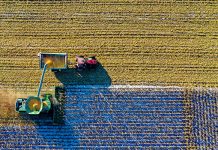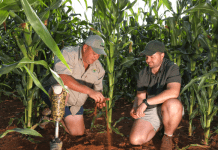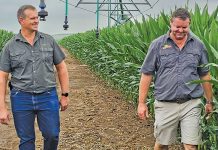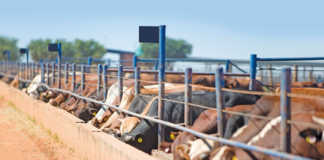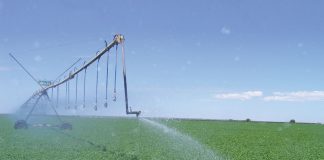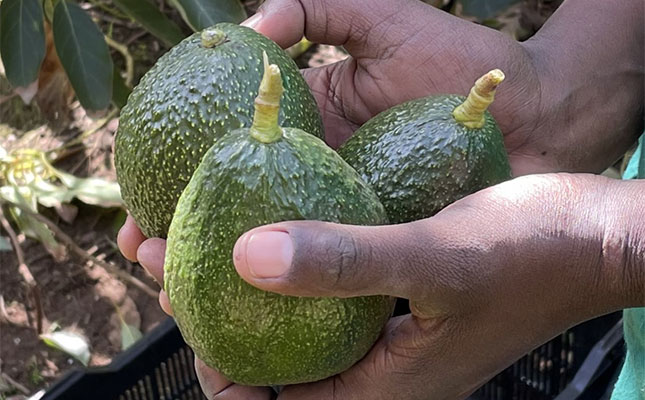
Photo: Supplied
Since then, South African has shipped one 40ft container carrying 21t to China in 2024.
While this only represented 0,03% of South Africa’s total avocado exports of 81 012t, Derek Donkin, CEO of the South African Subtropical Growers’ Association, told Farmer’s Weekly that the Chinese market presents huge growth opportunities for South African exporters and producers.
“China’s rapidly growing upper-middle class has the potential to turn China into a major market for avocados,” he said.
Hans Boyum, commercial director for Africa at Westfalia Fruit, the first company to export avocados to China, agreed with Donkin’s assessment, saying that the demand for avocados in China was expected to rise steadily, particularly as consumer awareness on the health benefits of avocados was on the increase.
“South Africa [can] position itself as a reliable supplier with a fresher product due to shorter shipping times than those of our competitors. If market education and distribution networks continue to develop, China could become one of South Africa’s key destinations in the coming years,” Boyum said.
First shipment
Boyum said that Westfalia Fruit’s first avocado shipment was used as a tool to gauge the company’s ability to meet the stringent requirements of the import protocol for China, as well as to assess the reception of Hass avocados on the Chinese market.
“Based on the success of the first container, we have the confidence to increase shipments during the 2025 season,” Boyum said.
While the Chinese market was still developing in terms of avocado consumption preferences, Hass avocado were currently the preferred choice.
“On some Asian markets, green-skinned varieties, such as Fuerte, have gained traction, but the preference for Hass, widely recognised for its creamy texture and versatility, is expected to dominate consumer demand in China. As the market matures, there may be room for a broader range of avocado varieties,” Boyum said.
He added that Westfalia Fruit had a number of new premium avocado varieties that could be introduced to the market to either extend the supply season or provide a point of difference from Hass in the available range of avocados.
Challenges
Boyum said that the current key challenge was to build consumer awareness about and preference for avocados, as avocados were still a relatively new product in China.
South African suppliers also faced competition from other countries that had served the market for many years.
“From a Westfalia Fruit perspective, our brand is already well established in China, based on our supply footprint from Latin America. The Chinese market is sensitive to oversupply, and we have seen significant negative impacts on pricing after sudden surges in supply that are not balanced to market demands,” Boyum said.
Additionally, seamless logistics, the meeting of stringent import regulations, a focus on quality, and strong partnerships were crucial for long-term success.
“Westfalia is focused on market education, partnering with retailers to promote avocado consumption, and leveraging its expertise in quality control and sustainability to position South African avocados as a premium product in China. We also participate in key trade events, and work closely with import partners to ensure efficient distribution and competitive pricing.”
Other markets
South Africa also gained market access to India for avocados in 2024. This market also has great potential to become a major avocado consumer, according to Donkin.
However, Donkin admitted that high import tariffs of 30% made it difficult for South Africa to compete against Tanzania, which enjoyed tariff-free access to India. Import tariffs to China were significantly lower at 7%.
“A trade agreement between South Africa and India is necessary for the South African avocado industry to make the most of this newly-gained access,” Donkin said.
Ninety-five percent of South Africa’s avocado exports are destined for the EU, UK, Russia and the Baltic states. Around 2,5% are destined for the Middle East.
Donkin said that the development of new markets was crucial for industry growth.
According to the 2023 South African Avocado Growers’ Association census, South Africa currently has about 19 500ha under production, with around another 800ha being planted every year.





